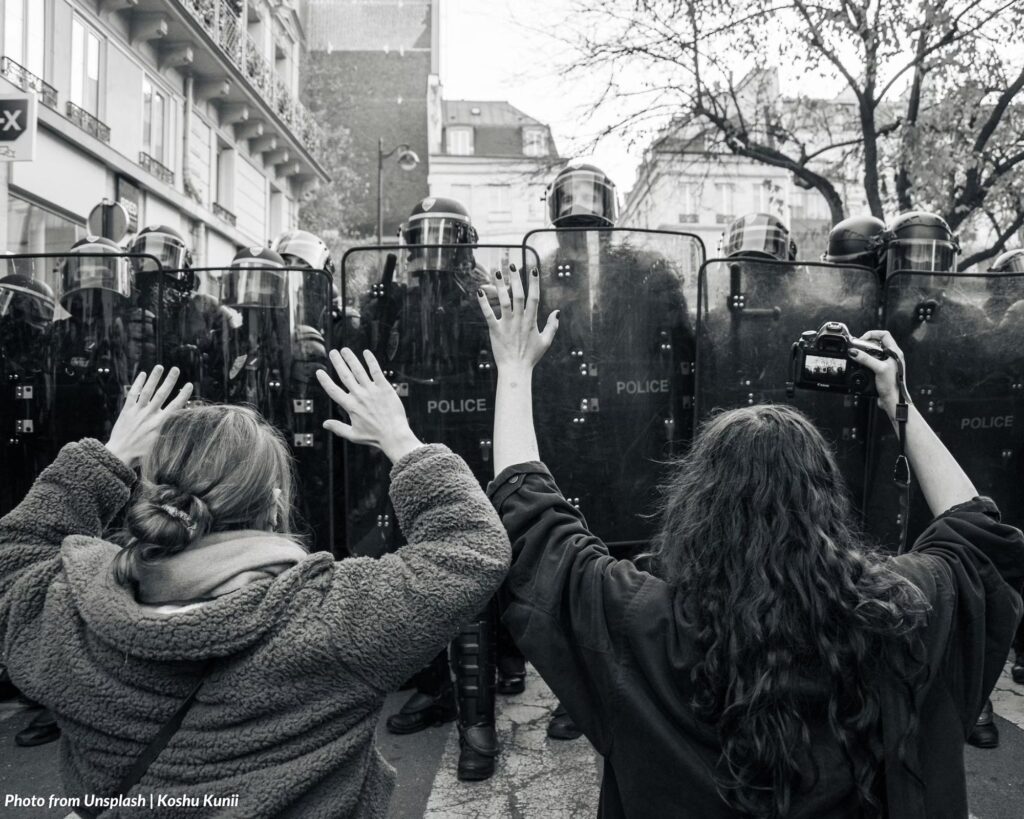
Photo from Unsplash | Koshu Kunii
The following post does not create a lawyer-client relationship between Alburo Alburo and Associates Law Offices (or any of its lawyers) and the reader. It is still best for you to engage the services of a lawyer or you may directly contact and consult Alburo Alburo and Associates Law Offices to address your specific legal concerns, if there is any.
Also, the matters contained in the following were written in accordance with the law, rules, and jurisprudence prevailing at the time of writing and posting, and do not include any future developments on the subject matter under discussion.
AT A GLANCE:
Any person under investigation for the commission of an offense shall have the right to be informed of his right to remain silent and to have competent and independent counsel preferably of his own choice. If the person cannot afford the services of counsel, he must be provided with one. These rights cannot be waived except in writing and in the presence of counsel. (Section 12, par. 1, Article III, 1987 Constitution)
Section 12, par. 1, Article III of the 1987 Constitution stems from the landmark decision of the United States Supreme Court in the case of Miranda v. Arizona (384 U.S. 436, 1966). Since then, it has been the linchpin of the modern Bill of Rights, and the ultimate refuge of individual against the coercive powers of the State.
Section 12, Article III of the 1987 Constitution provides that:
- Any person under investigation for the commission of an offense shall have the right to be informed of his right to remain silent and to have competent and independent counsel preferably of his own choice. If the person cannot afford the services of counsel, he must be provided with one. These rights cannot be waived except in writing and in the presence of counsel.
- No torture, force, violence, threat, intimidation, or any other means which vitiate the free will shall be used against him. Secret detention places, solitary, incommunicado, or other similar forms of detention are prohibited.
- Any confession or admission obtained in violation of this or Section 17 hereof shall be inadmissible in evidence against him.
- The law shall provide for penal and civil sanctions for violations of this Section as well as compensation to the rehabilitation of victims of torture or similar practices, and their families. (Section 12, Article III, 1987 Constitution)
The above constitutional provision embodies what case law has coined as “Miranda rights.” In the case of People of the Philippines v. Robelyn Cabanada (G.R. No. 221424, July 19, 2017), the Supreme Court expounded on Miranda Doctrine. Jurisprudence says:
“The Miranda doctrine requires that: (a) any person under custodial investigation has the right to remain silent; (b) anything he says can and will be used against him in a court of law; (c) he has the right to talk to an attorney before being questioned and to have his counsel present when being questioned; and (d) if he cannot afford an attorney, one will be provided before any questioning if he so desires. The said rights are guaranteed to preclude the slightest use of coercion by the State as would lead the accused to admit something false, not to prevent him from freely and voluntarily telling the truth.”
What is the significance of Miranda rights?
It cannot be gainsaid that the constitutional duty of law enforcement offices is to ensure that a suspect has been properly appraised of his Miranda rights, including the right to counsel. It is in the paramount public interest that the foundation of an effective administration of criminal justice relies on the faithful adherence to the Miranda doctrine. Compliance with Article III, Section 12, par. 1 by the police authorities is central to the criminal justice system. Miranda rights must be in every case be respected, without exception. (People of the Philippines v. Dindo “Bebot” Mojello, G.R. No. 145566, March 9, 2004)
Miranda rights are intended to protect ordinary citizens from the pressure of custodial setting. Jurisprudence says:
“The purposes of the safeguards prescribed by Miranda are to ensure that the police do not coerce or trick captive suspects into confessing, to relieve the “inherently compelling pressures” “generated by the custodial setting itself,” “which work to undermine the individual’s will to resist,” and as much as possible to free courts from the task of scrutinizing individual cases to try to determine, after the fact, whether particular confessions were voluntary. Those purposes are implicated as much by in-custody questioning of persons suspected of misdemeanors as they are by questioning of persons suspected of felonies.” (People of the Philippines v. Robelyn Cabanada [G.R. No. 221424, July 19, 2017], citing Luz v. People of the Philippines [683 Phil 399, 2012])
Read also: Human Rights under the Universal Declaration of Human Rights
Alburo Alburo and Associates Law Offices specializes in business law and labor law consulting. For inquiries regarding taxation and taxpayer’s remedies, you may reach us at info@alburolaw.com, or dial us at (02)7745-4391/0917-5772207.
All rights reserved.

